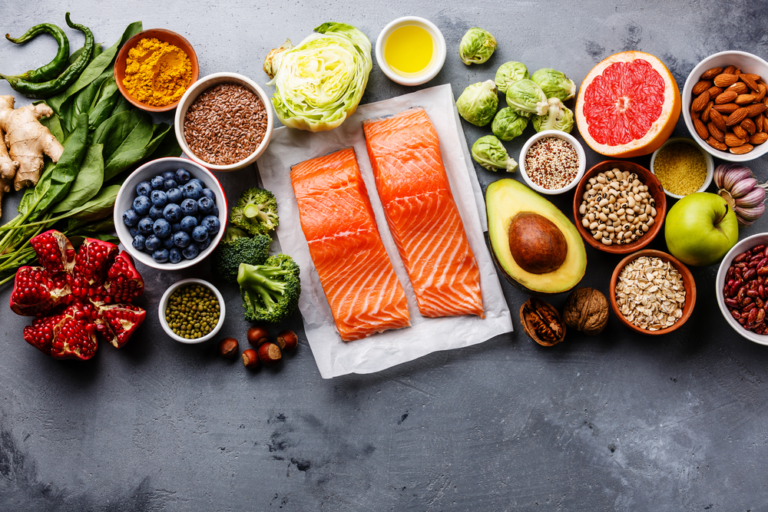Prostate conditions are common and become more frequent with age. The good news is that everyday choices—what you eat, how you move, and when you seek care—can support prostate health and may help reduce the risk of bothersome symptoms and some diseases.
Why prostate health matters
Benign prostatic hyperplasia (BPH) is a non-cancerous enlargement of the prostate that can affect urination and quality of life. If you’re noticing urinary changes, learn more about typical symptoms and signs of BPH and discuss them with your clinician.
Dietary patterns & foods to emphasize
Rather than focusing on a single “superfood,” aim for a balanced, plant-forward pattern (think Mediterranean-style) built from:
- Tomatoes and tomato products (sauce, paste, soups): rich in lycopene, which observational studies associate with a lower risk of prostate cancer. Lycopene is more available from cooked tomatoes.
- Soy foods (tofu, tempeh, edamame): contain isoflavones that may have protective effects in some studies.
- Green tea: provides polyphenols that have antioxidant and anti-inflammatory properties.
- Nuts, seeds, and legumes: supply healthy fats, fiber, and minerals such as zinc.
- Fish (especially oily fish): offers omega-3 fatty acids as part of an overall heart-healthy diet. For related reading, see Surviving Prostate Cancer: Eat Fish Regularly.
- Fruits, vegetables, and whole grains: support a healthy weight and provide phytonutrients linked with lower cancer risk.
At the same time, limit processed meats, refined carbs, and excess saturated or trans fats, which are tied to poorer overall metabolic and cardiovascular health.
Supplements: what we know (and don’t)
Be cautious with high-dose supplements marketed for prostate health. Large randomized trials have not shown a benefit from high-dose vitamin E or selenium in preventing prostate cancer, and vitamin E at high doses has been linked with increased risk in some studies. If you take supplements, choose reasonable doses and review them with your clinician, especially if you take prescription medicines.
Herbal options for urinary symptoms
Herbal extracts such as Saw palmetto (Serenoa repens) and pygeum (Prunus africana) have mixed evidence; some men report modest improvement in lower urinary tract symptoms. Quality varies by product, and these are not treatments for prostate cancer. Discuss any herbals with your doctor, and be aware that some medical or surgical treatments for the prostate can affect ejaculation; learn more about this potential side effect here: Prostate Treatment & Retrograde Ejaculation.
Lifestyle habits that help
- Stay active: Regular physical activity supports hormone balance, immune function, and healthy weight.
- Maintain a healthy weight: Excess body fat is linked to worse outcomes for several health conditions.
- Don’t smoke and go easy on alcohol: These changes benefit overall urologic and cardiovascular health.
Screening and when to seek care
There’s no one-size-fits-all approach to prostate cancer screening. Talk with your clinician about the potential benefits and risks of PSA testing based on your age, family history, and preferences. For clear, up-to-date information, see the National Cancer Institute’s prostate cancer overview.
If you have urinary changes, pelvic discomfort, or questions about sexual side effects, bring them up early. Addressing issues sooner—through lifestyle changes, medicines, or procedures—can improve comfort and outcomes.

